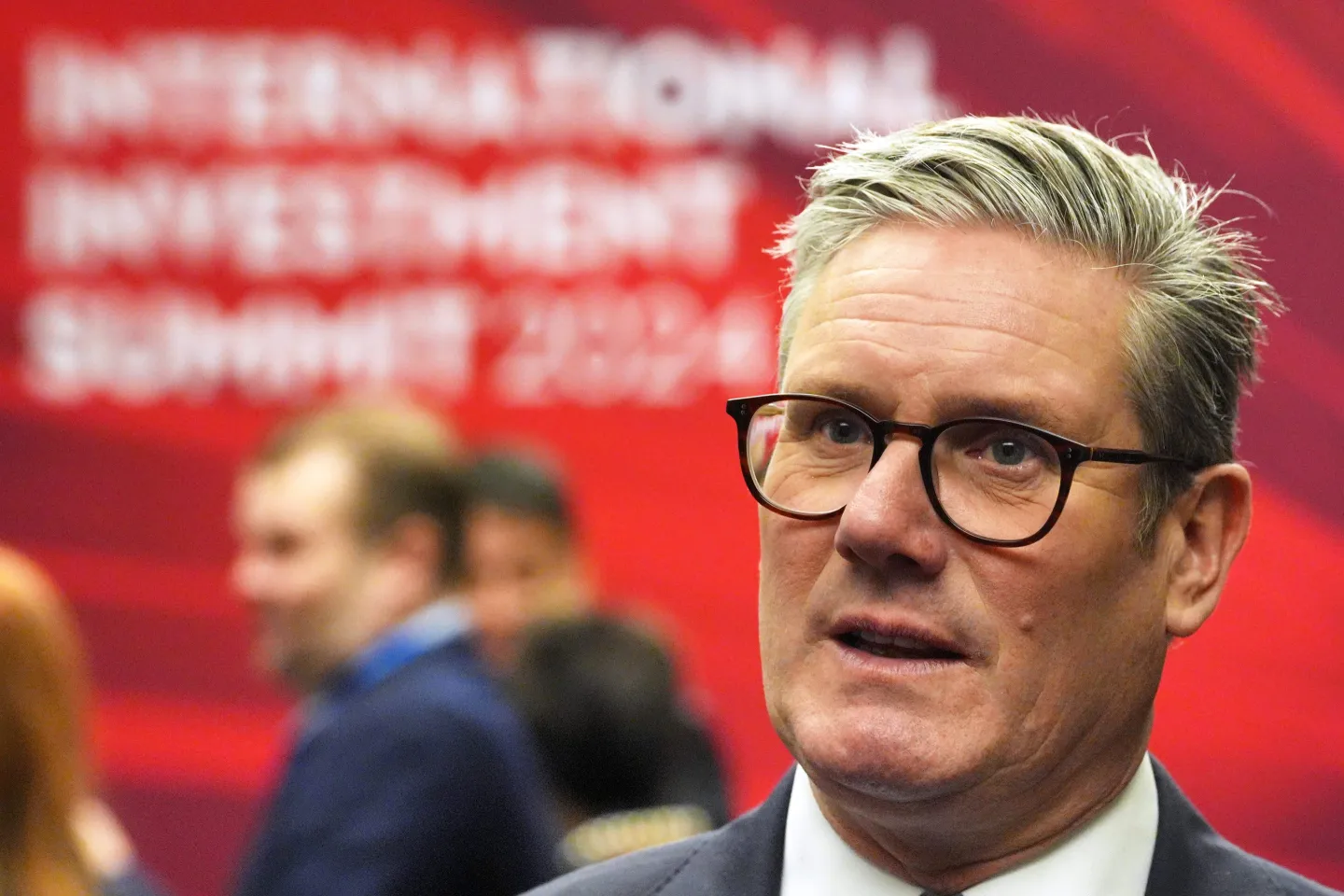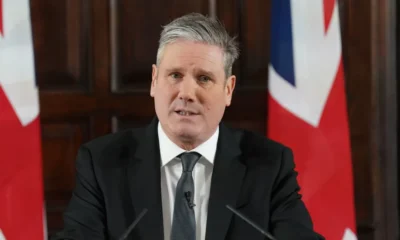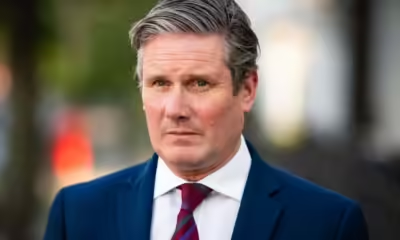NEWS
Starmer under fire as UK refuses to apologize for ‘Slavery’

As Prime Minister Keir Starmer heads to the Commonwealth Heads of Government Meeting (CHOGM) in Samoa this week, the UK government is facing growing backlash for its refusal to apologize for or address reparations over Britain’s role in the transatlantic slave trade.
Despite mounting pressure from Caribbean nations and even members within his own Labour Party, Downing Street has confirmed that Starmer will not discuss reparations during the summit, standing by the government’s long-held position.
This firm stance has reignited outrage among advocates of reparative justice, who argue that Britain’s legacy of slavery continues to have lasting consequences across the globe, particularly in former colonies. Caribbean leaders, in particular, have been vocal in their calls for the UK to take responsibility for the historic exploitation and suffering endured under British rule.
Yet, Starmer‘s office has made it clear that the focus of the biennial Commonwealth gathering will be on “shared challenges and opportunities” rather than acknowledging Britain’s controversial past.
While some believe the UK’s refusal to engage with demands for reparations is a pragmatic move to avoid further political tensions, others see it as a missed opportunity for true reconciliation. Labour lawmakers calling for an official apology argue that addressing the scars of slavery is essential for healing historical wounds. However, Downing Street reiterated that reparations and apologies are “not on the agenda,” despite the loud calls for action.
The decision has sparked fresh criticism from human rights activists, scholars, and Caribbean leaders alike, who see the UK’s resistance to reparations as a symbol of continued disregard for the pain caused by centuries of exploitation.
As Starmer heads into the summit, many will be watching closely to see how his government navigates these uncomfortable questions, even as they remain committed to sidestepping the issue.



























